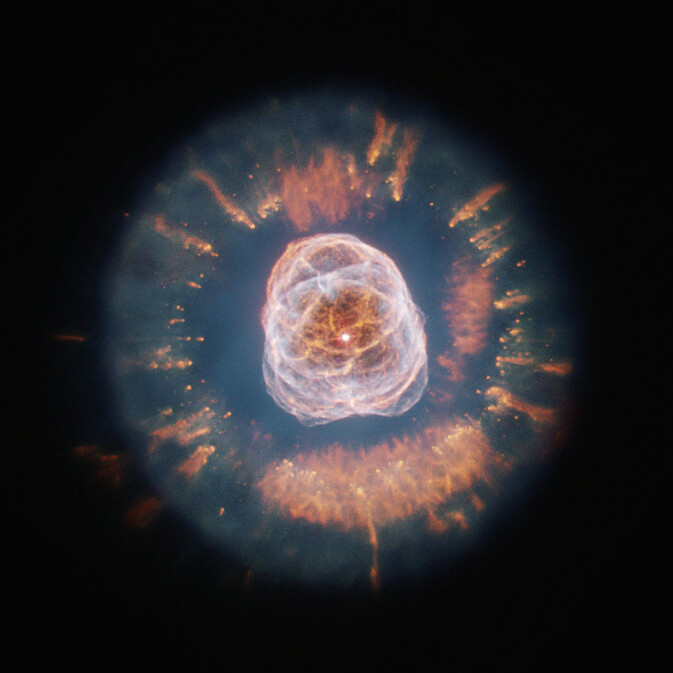
Hydrogen fuel cells are a promising technology for producing clean and renewable energy, but the cost and activity of their cathode materials is a major challenge for commercialization. Many fuel cells require expensive platinum-based catalysts—substances that initiate and speed up chemical reactions—to help convert renewable fuels into electrical energy. To make hydrogen fuel cells commercially viable, scientists are searching for more affordable catalysts that provide the same efficiency as pure platinum.
“Like a battery, hydrogen fuel cells convert stored chemical energy into electricity. The difference is that you’re using a replenishable fuel so, in principle, that ‘battery’ would last forever,” said Adrian Hunt, a scientist at the National Synchrotron Light Source II (NSLS-II), a U.S. Department of Energy (DOE) Office of Science User Facility at DOE’s Brookhaven National Laboratory. “Finding a cheap and effective catalyst for hydrogen fuel cells is basically the holy grail for making this technology more feasible.”
Source from: https://www.bnl.gov/newsroom/news.php?a=213214